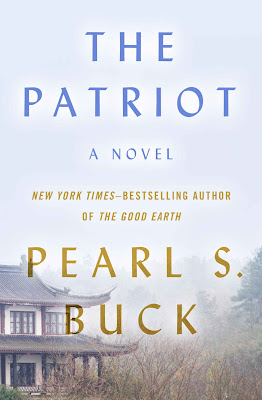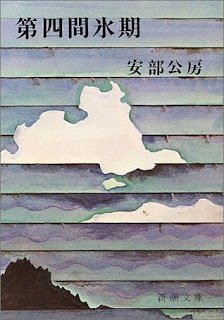Barbery, Muriel "A Single Rose" (French: Une Rose Seule) - 2020
I read Muriel Barbery's "The Elegance of the Hedgehog" and found it truly beautiful.
This book was recommended to me as a lovely, light French book. Well, it was light, but perhaps a bit too long-winded for me. Asian thinking is foreign to me, I'm not a yoga or Zen fan, and I can't empathize with myself as much as is often desired.
The author and her protagonist certainly succeeded in doing this, but it wasn't really comprehensible to me. The first few chapters are all about landscapes, flowers, food and drink, temples, etc. I also couldn't warm to Rose, who only thawed out a bit towards the end.
And although I normally enjoy reading philosophical books, this was a bit too much of a good thing for me, too forced.
A Japanese story, a fairy tale, or a fable, was interspersed between the chapters. I found some of them interesting, while others made me wonder what they had to do with the book.
Well, it was nice to read a French book again, and also a good read for our "Paris in July" challenge, but that was about it.
From the back cover:
"From the bestselling author of The Elegance of the Hedgehog comes a story about a woman’s journey, in which she discovers the father she never knew and a love she never thought possible.
Rose has turned forty, but has barely begun to live. When her Japanese father dies and she finds herself an orphan, she leaves France for Kyoto to hear the reading of his will. Paul, her father’s assistant, takes Rose on a mysterious pilgrimage designed by her deceased father. Her bitterness is soothed by the temples, Zen gardens and teahouses, and by her encounters with her father’s friends. As she recognises what she has lost, and as secrets are divulged, Rose learns to accept a part of herself that she has never before acknowledged.
Through her father’s itinerary, he opens his heart posthumously to his daughter, and Rose finds love where she least expects it. This stunning fifth novel from international bestseller Muriel Barbery is a mesmerising story of second chances, of beauty born out of grief."


























